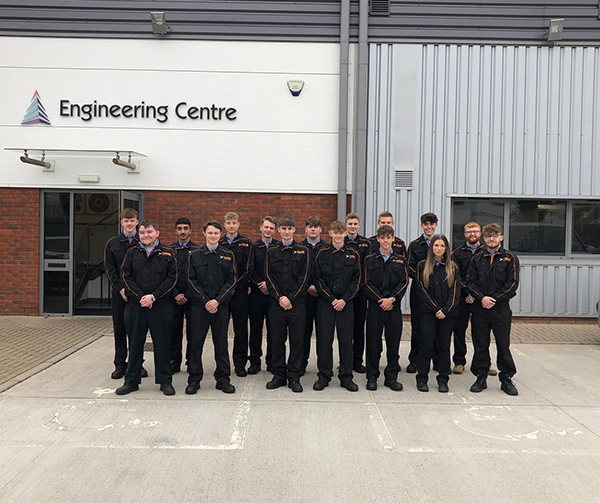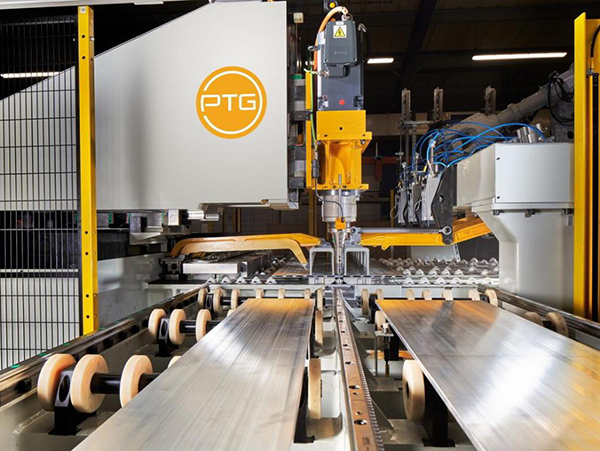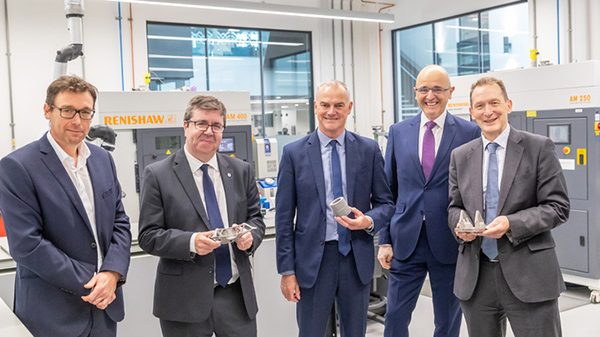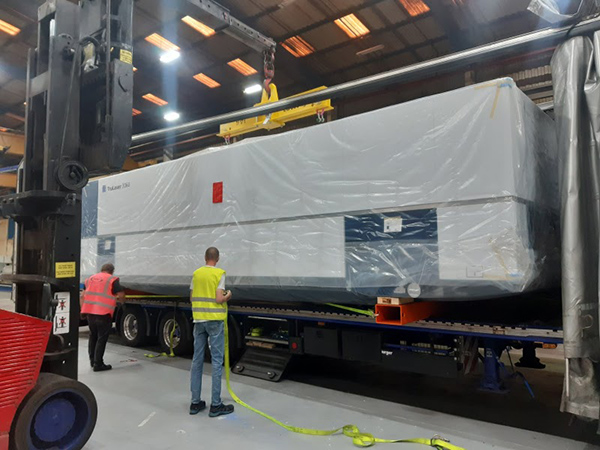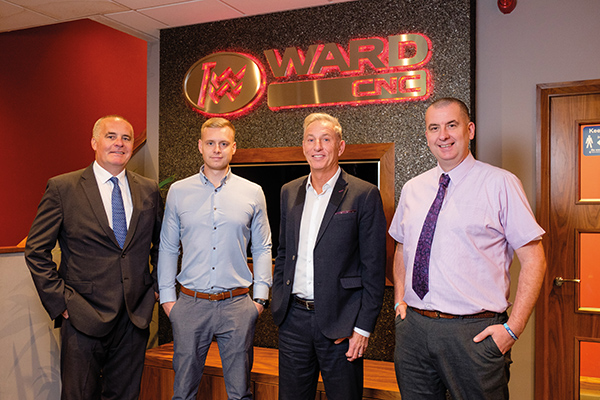
Yamazaki Mazak UK has demonstrated its commitment to the future of British manufacturing with the intake of 17 new apprentices. This latest wave brings the total to 62 apprentices currently in training with the machine tool manufacturer. The newest cohort’s training is split between a college education and hands-on involvement in the workplace, beginning at Worcestershire Group Training Association’s (WGTA) training centre in early September. Here, they will learn the basics of CNC machining, as well as electrical, mechanical and sheet metal manufacturing.
For further information www.mazakeu.co.uk






